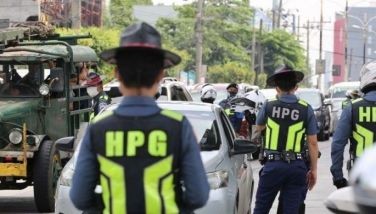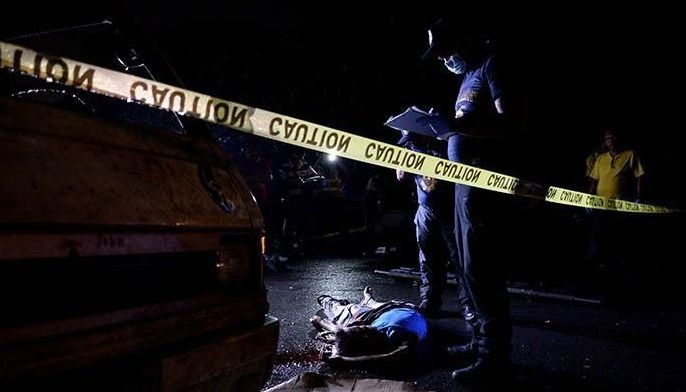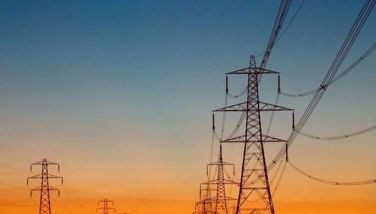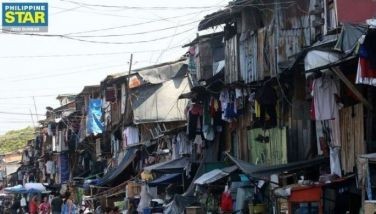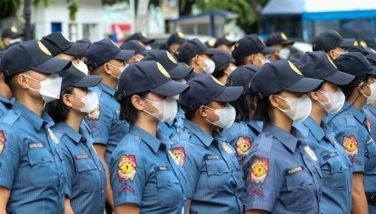47% of Filipinos unwilling to get COVID-19 jabs, worried of vaccine safety — survey
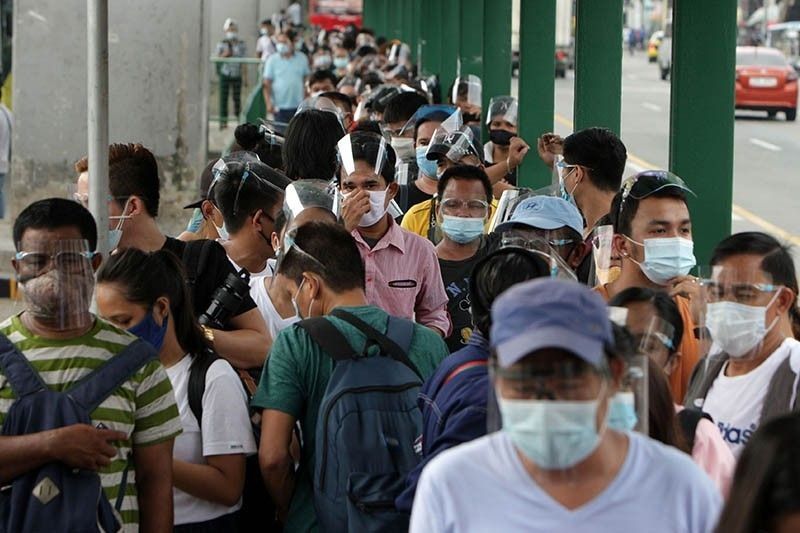
MANILA, Philippines — Nearly a majority of Filipinos have said that they were not willing to get vaccinated for the coronavirus with 84% saying they were unsure of its safety, results of a survey made public on Thursday showed.
Findings by Pulse Asia revealed that only 32% will allow themselves to be inoculated with the supposed jabs, while 47% said they would not and 21% undecided.
The survey had 2,400 respondents and was ran from November 23 to December 2, with a ±2% margin of error at 95% confidence level.
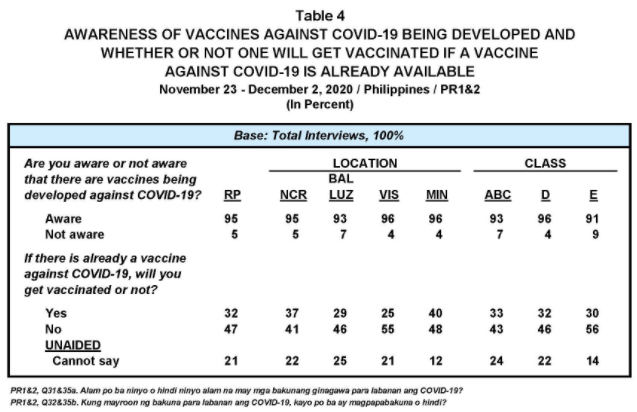
It came before issues surfaced concerning the Duterte administration's vaccination program, such as the botched talks with Pfizer for 10 million doses of its vaccine, and with the inoculation of unregulated and smuggled jabs on members of the president's security group.
Results of the Pulse Asia survey differed significantly from that of Social Weather Stations' held in September, which showed 66% were willing while 31% were not.
Visayas, Class E most hesitant
Breaking down the results, those coming from Visayas had the most number of unwilling to be vaccinated at 55%, followed by Mindanao at 48%, Luzon at 46% and Metro Manila at 41%.
Those who said they would get the jabs had the highest in Mindanao at 40%, Metro Manila at 37%, Luzon at 29% and Visayas at 25%.
Per social standing, Class E yielded the most number of those who said they would not get vaccinated at 56%, Class D at 46% and ABC at 43%.
Coincidentally, 94% in general said they were worried of contracting the COVID-19, with Visayas ultimately having 99%, Metro Manila with 95%, Luzon with 94% and Mindanao with 92%.
Class D, meanwhile, was the most worried at 95%, Class E at 94% and ABC at 91%.
Almost all of the respondents were also aware that there are now vaccine candidates developed, but Class E was at 9% in saying they were not, the lowest.
Why the hold back?
Those who thumbed down in getting the jabs once available were particularly concerned about the vaccines' safety, with 84%.
Vaccination efforts in the country over the past years have been strained in large part due to fears from a botched dengue vaccination program in 2017, despite no established links of deaths resulting from the inoculation of Dengvaxia.
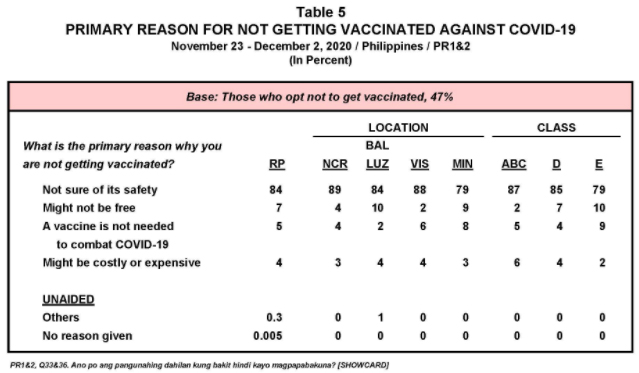
Metro Manila residents were the most unsure of the safety at 89%, Visayas at 88%, Luzon at 84% and Mindanao at 79%.
Classes A, B and C, meanwhile, yielded the most uncertain at 87%, D at 85% and 79%.
Officials have since vowed to boost public confidence on getting the vaccines, but such efforts had met hurdles as the year concluded.
Its move to inoculate the president's security along with select military men has been widely criticized and the administration has repeatedly defended and attempted to bury the incident.
Vice President Leni Robredo, along with some medical experts, have warned too that the government's vaccination program could be strained over the incident.
To date, the administration has yet to sign procurement deals with drugmakers, which has since stirred concerns that it was late into engaging in talks amid a heightening global race to secure doses.
Government has denied this, despite President Rodrigo Duterte only allowed advanced payments in November, a move he had disallowed in the previous months as he said Western companies were only attempting to make a profit.
Vaccine czar Carlito Galvez Jr. on Wednesday claimed that in 2021 alone, the administration would be able to inoculate 50 to 70 million Filipinos in 2021 alone with 148 million doses it is eyeing this month.
The huge number of targetted to be vaccinated within a year significantly differed from the range of three to five years Galvez himself gave back in November.
Back then, Galvez said mass vaccination at best case scenario could begin by mid-2021, and the "more realistic picture" could be by end of the year or early 2022.
The Philippines crossed the 480,000th mark in coronavirus infections on January 6, with over 9,300 dead since the virus hit the country nearly a year from now.
So far, only 2.6 million doses of the AstraZeneca have been secured by the country from a P600 million donation by the private sector.
And while the British-Swedish drugmaker along with Pfizer have applied for emergency use approval in the country, it would not automatically mean that doses would immediately be made available, as a supply deal still has to be struck.
- Latest
- Trending















